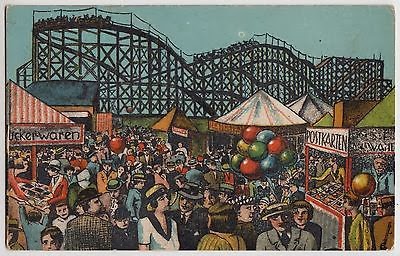He was not in a hospice as he had planned. Though he had applied, there was no space available in hospice, and as his health deteriorated he was admitted to a hospital. His palliative physician in the hospital was very sensitive and checked on his wishes at every decision point to make sure that he understood the effects of his choices.
I can still see the doctor in my memory, practically kneeling at his bedside in order to be close to him and to communicate better. When he decided to refuse intravenous liquids and nourishment she was there with him to point out the implications of this choice and make sure he knew the result of this decision.
He had a peaceful death that was marred only by the fact that he had contracted MRSA in the hospital and so we all had wear gloves and gowns to see him in his last days.
We were relieved that he was able to make his own decisions even at the end. It meant a lot to him to be in control in dying as he had been through his whole life.
Dad at Niagara Falls, Maid of the Mist
Based on my reading recently he had a "good death" because he was in control, comfortable, had trust in his care providers and his beliefs and values were honoured. He knew that the time had come and did not feel there was anything to gain in prolonging his lifespan.
This link is to an article titled How Doctors Die. It is obvious that more knowledge of healthcare has a huge impact on the choices you make. I had never before thought seriously about my own wishes but this article helped me to start thinking.





